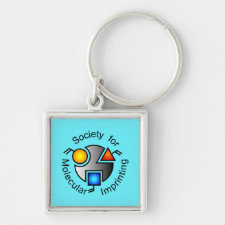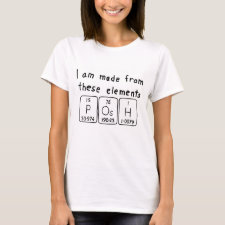
Authors: Gilart N, MarcÚ RM, Borrull F, Fontanals N
Article Title: Determination of pharmaceuticals in wastewaters using solid-phase extraction-liquid chromatography-tandem mass spectrometry.
Publication date: 2012
Journal: Journal of Separation Science
Volume: 35
Issue: (7)
Page numbers: 875-882.
DOI: 10.1002/jssc.201101002
Abstract: Four different commercial sorbents for solid-phase extraction have been evaluated for the extraction of a group of acidic pharmaceuticals in terms of selectivity and capacity: Oasis hydrophilic-lipophilic balance (HLB), Oasis MAX (strong anion exchange), Oasis WAX (weak anion exchange) and a commercial available molecularly imprinted polymer specific for non-steroidal anti-inflammatory drugs. Among the sorbents studied, molecularly imprinted polymer proved to be very effective in the reduction of matrix interferences and the selective extraction of acidic pharmaceuticals, such as salicylic acid, ibuprofen, fenoprofen, diclofenac and naproxen, among others, from effluent wastewater samples. Moreover, molecularly imprinted solid-phase extraction protocol was applied to liquid chromatography coupled to tandem mass spectrometry (MS/MS) with the purpose of evaluating the clean-up effect on ion suppression/enhancement when the complexity of the samples increases and a reduction of this effect was observed. Molecularly imprinted solid-phase extraction followed by liquid chromatography coupled to ultraviolet detection and liquid chromatography coupled to tandem mass spectrometry validation methodologies with effluent wastewaters were developed, obtaining recoveries between 70 and 85% and limits of detection at low levels of μg/L (0.15-1 μg/L) and ng/L (0.5-2 ng/L), respectively. The final application of molecularly imprinted solid-phase extraction and liquid chromatography coupled to MS/MS detection showed the presence of acidic pharmaceuticals studied in this work in effluent wastewaters (
Author keywords: Liquid chromatography-tandem mass spectrometry, molecularly imprinted polymer, pharmaceuticals, Solid-phase extraction, Wastewaters



Join the Society for Molecular Imprinting

New items RSS feed
Sign-up for e-mail updates:
Choose between receiving an occasional newsletter or more frequent e-mail alerts.
Click here to go to the sign-up page.
Is your name elemental or peptidic? Enter your name and find out by clicking either of the buttons below!
Other products you may like:
 MIPdatabase
MIPdatabase









